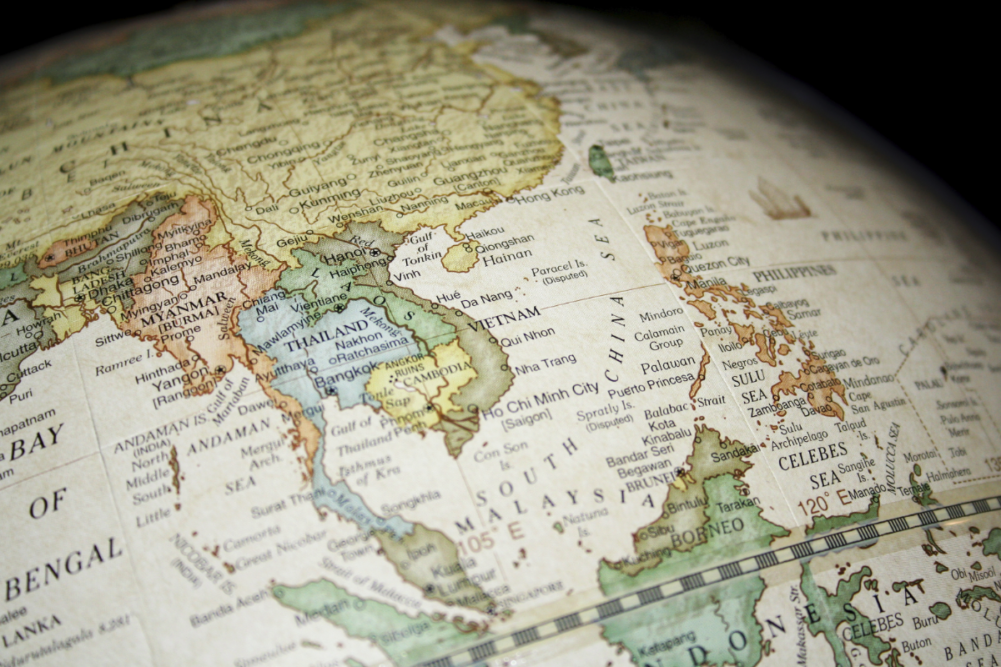UTRECHT, THE NETHERLANDS — The coronavirus (COVID-19) pandemic and African swine fever (ASF) are negatively impacting grain and oilseed demand in Southeast Asia in 2020, sending consumption in that region for wheat, corn, soybeans and soymeal down by 1.6%, according to a report released June 30 by Rabobank International.
The five countries comprising Southeast Asia in the report — Indonesia, Malaysia, the Philippines, Thailand and Vietnam — are seeing a significant decline in feed consumption, with demand expected to decrease by 3.2% year-on-year compared to an average year-on-year increase of 5.8% over the last five years.
“Around 64% of total annual major grain demand in the five countries is used for animal feed,” said Oscar Tjakra, senior analyst for grain and oilseeds at Rabobank. “Hence, the decrease in grain and oilseed use for animal feed outweighs the increase in grain and oilseed use for human consumption.”
The report noted that human consumption for the major grains in Southeast Asia is projected to increase by 1.4% in 2020, compared to a 3% year-on-year increase last year and an average incline of 3.9% the last five years.
Wheat imports to the region are forecast to grow by 1.4% in 2020, following growth of 3.7% in 2019 and an average of 4.8% the last five years.
Among the five countries, total demand for major grains is expected to decrease the most in the Philippines, which will see a drop of 3.2% in 2020. Indonesia is forecast to perform the best with flat total demand this year.
Rabobank said demand for milling wheat will be the biggest contributor to the increased demand of major grains for human consumption in 2020.
“Milling wheat demand from the bread (artisanal and whole meal), cake and pastry subsectors is expected to decrease across the five countries in 2020, due to slow recovery in the foodservice industry and consumers’ lower disposable incomes,” Tjakra said. “However, milling wheat use for instant noodles and biscuits is expected to remain healthy.”
Follow our breaking news coverage of the coronavirus/COVID-19 situation.




